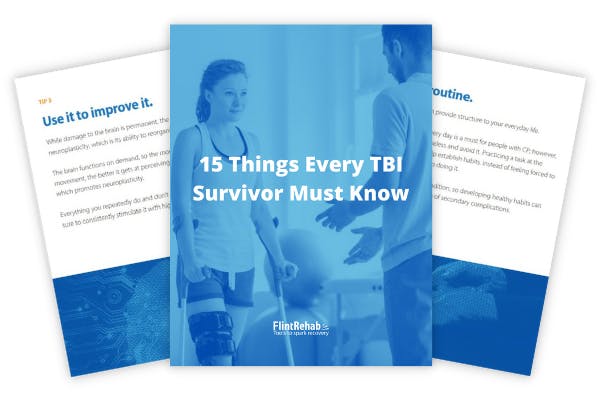Vomiting After Head Injury: What It Means and How to Treat It
Is vomiting after head injury a dangerous sign? While dizziness and nausea are typical effects of head injury, vomiting can be a sign of a worsening condition. However, a single episode of vomiting without other symptoms is usually not a reason for serious concern.
This article will explore what causes vomiting after head injury and what it can mean for recovery. Helpful home remedies that can treat persistent nausea and vomiting will also be discussed.
Causes of Vomiting After Head Injury
Vomiting is one of many effects that may occur after traumatic brain injury. Like all secondary effects, vomiting can range from mild, isolated episodes, to severe, persistent nausea and vomiting.
Vomiting after head injury most often occurs in children, although adults are also known to experience episodes of vomiting after head injury.
There are several possible causes of vomiting after head injury. These include:
- Vestibular dysfunction. An injury to the cerebellum or inner ear can cause balance and dizziness problems, which can trigger vomiting in some people.
- Migraines. Some head injuries cause severe headaches or migraines, which again can trigger vomiting.
- Skull fracture. A skull fracture can also cause extreme pain, which may lead to vomiting.
- Subdural Hematoma. A subdural hematoma is a dangerous collection of blood on the surface of the brain. One of the signs of a subdural hematoma is repeated vomiting.
Although vomiting can be a sign of a subdural hematoma, more than one symptom typically occurs. Other signs of a subdural hematoma may include:
- Steadily worsening headache
- One dilated pupil
- Weakness
- Loss of consciousness
- Slurred speech
- Seizures
Therefore, if a person vomits after a head injury but does not display these other symptoms, they most likely do not have a subdural hematoma. However, it is still a good idea to consult with a physician if vomiting after head injury occurs.
Does Isolated Vomiting Indicate a Brain Injury?
While vomiting is a potential secondary effect of a head injury, it is unlikely that isolated vomiting is a sign of brain injury if no other symptoms are present. In fact, in a study of over 40,000 children with a mild, blunt head trauma, it was found that nearly 15% of children experienced vomiting. However, only 0.2% of children who experienced only vomiting after a mild head trauma could be diagnosed with a clinically important traumatic brain injury.
However, when other symptoms are present along with vomiting, there is an increased likelihood that a traumatic brain injury has occurred. Of these, the most common sign that a brain injury may have occurred is a skull fracture. Other symptoms that may be present along with vomiting that could indicate a traumatic brain injury occurred include:
- Altered mental status
- Headaches
- Acting abnormally
Therefore, while vomiting on its own is not an indicator of serious injury, it may be a sign of something more serious if it is combined with other symptoms.
How Long Can Vomiting Last?
Vomiting can occur several days or weeks after a head injury, depending on how severe the injury was. However, the occurrence of vomiting should decrease in frequency as time passes.
If it does not decrease, call your doctor immediately.
Violent, persistent vomiting that occurs directly after a head injury is a more serious sign than one or two vomiting incidents separated by several hours. If an individual cannot stop vomiting following a head injury and cannot keep any food or liquids down, seek emergency care immediately.
Treating Vomiting After Head Injury
Keep it going: Do you know these 15 essential TBI recovery tips?

If you like our content, you’ll love our ebook and newsletters! Get instant access to our TBI recovery tips ebook with 20 pages of helpful advice by signing up below.
You’ll also receive our emails that share survivor stories and more useful TBI recovery tips, which you can opt out of at any time. (We know you’ll love them, too.)
We will never sell your email address, and we never spam. That we promise.
